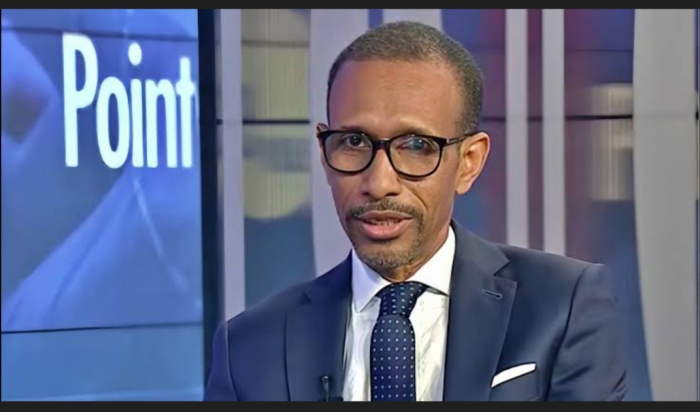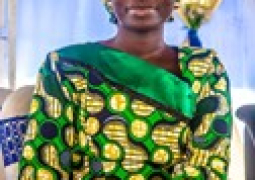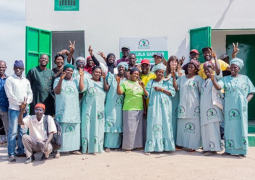
Responding to criticism that magistrates arbitrarily issue arrest warrants - a claim that has intensified amid the frequent arrests of activists and opposition figures -Justice Ba firmly rejected such accusations. “Judges are not an ATM,” he said. While acknowledging that the prosecutor’s office is widely seen as an arm of the executive, he insisted that all written instructions from the executive must follow legal procedure.
Justice Ba reserved his strongest rebuke for government plans to alter the composition of the High Council of the Judiciary (CSM). The proposal, presented as a transparency measure, would allow other professional groups to sit on the disciplinary body. Ba called the idea unacceptable. “No intruding bodies. Our position is unanimous and non-negotiable,” he declared, arguing that those who appear before judges cannot also oversee them.
He also criticized reforms launched without consulting judicial actors, describing them as “poorly prepared” and rarely implemented.
Tensions with parliament have escalated after attempts to summon judges to hearings, an action Ba denounced as a direct assault on judicial independence. “A judge cannot work freely under the threat of being dragged before the Assembly,” he warned.
Justice Ba also referenced a threatening remark by Prime Minister Ousmane Sonko, who vowed to “erase” uncooperative judges. He said such statements contribute to a climate of intimidation, echoing growing public concern over shrinking civic space and increasing arrests of government critics.
He further described a judiciary collapsing under structural weaknesses: limited recruitment; only 35 judges trained each year chronic underfunding; congested dockets, and outdated laws on rape and drug trafficking that overwhelm the courts. “Justice is not slow, justice is overwhelmed,” he stressed.
Despite these challenges, Ba praised Senegal’s judges as “among the best in Africa,” but warned that sustained political intrusion could push the country toward instability.
“If we weaken the judiciary, we weaken the Republic. The alternative to justice is machetes and gunfire,” he cautioned.
Read Other Articles In Headlines

Lala Touray appointed deputy executive director of national youth service scheme
Sep 10, 2025, 11:16 AM



